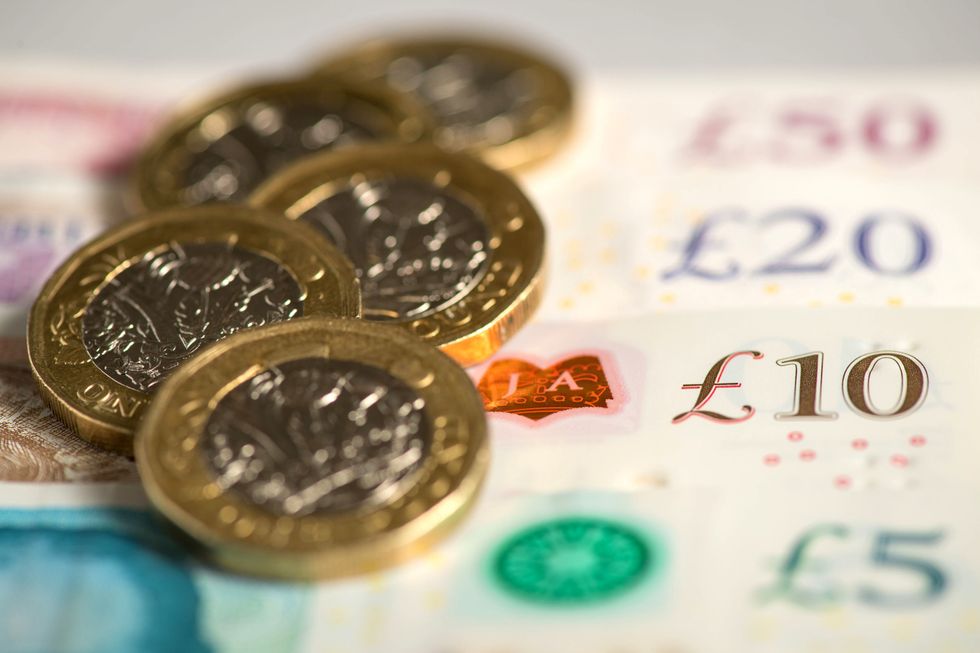Don't Miss
Most Read
Trending on GB News
The Office for National Statistics (ONS) said borrowing in July was £0.8billion below levels from the same month last year, but represented a £5.9billion surge from pre-pandemic levels in 2019, when the Government reported a surplus of £0.9billion.
Government spending increased by £3.4billion to £76.5billion in July compared with the same month year, amid a £2.3billion increase in debt interest.
In response, Chancellor Nadhim Zahawi said: “I know that rising inflation is creating challenges for families and businesses, and it is also putting pressure on the public finances by pushing up the amount we spend on debt interest.
“To help people during this difficult time, Government support is continuing to arrive in the weeks and months ahead, targeted to those who need it most like pensioners, people on low incomes, and those with disabilities.
“We are taking a balanced approach: safeguarding the public finances while providing significant help for households.”
UK borrowing hit £4.9billion in July
Dominic Lipinski
UK retail sales increased in July despite a longer-term downward trend
Jane Barlow
But in more positive news, UK retail sales increased in July despite a longer-term downward trend in consumer spending.
Sales lifted by 0.3 percent, significantly higher than economists’ expectations of a 0.2 percent drop, the Office for National Statistics reported.
But sales fell by 1.2 percent in the three months to July, reflecting a gradual decline in spending since the previous summer as the cost-of-living crunch squeezes people’s wallets.
A revision of June’s retail figures also put sales slightly lower, with a 0.2 percent drop rather than 0.1 percent, in a sign that shopping activity was slower than previously thought, the ONS reported.
Darren Morgan, director of economic statistics at the ONS, said: “Retail sales nudged up very slightly in July, but looking at the longer-term picture, they are continuing the downward trend which started last summer.
“Online sales did pick up this month, as retailers told us that sales were boosted by a range of offers and promotions. However, fuel sales fell with some evidence suggesting the very hot weather meant fewer people travelling.
“Clothing and household goods sales declined again, with feedback continuing to indicate consumers are cutting back due to increased prices and concerns around affordability and cost of living.”












